We all love to treat our pets, but did you know that some common foods can be dangerous for cats? While it’s tempting to share your snacks with your furry friend, certain foods can cause serious harm.
Curious about which treats could put your cat’s health at risk? Keep reading to discover the foods you should never feed your cat!
1. Dairy products
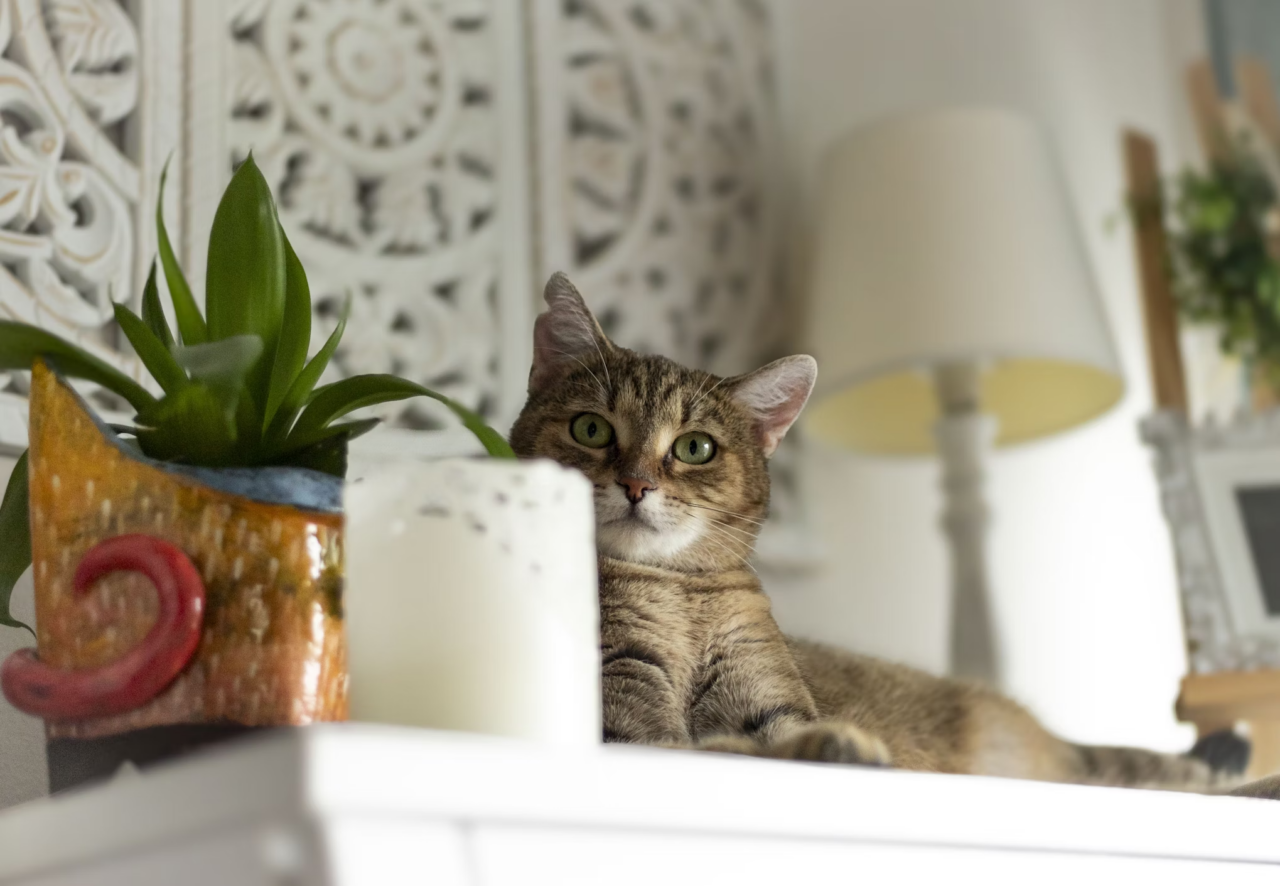
Many cat owners love to spoil their furry friends with a bowl of milk, thinking it’s a treat that’s good for them. However, it’s best to avoid giving your cat milk. Adult cats are lactose intolerant, which means drinking milk can lead to unpleasant digestive issues.
While kittens have plenty of lactase enzymes that help them digest milk, this ability decreases as they grow older. So, if you want to keep your cat happy and healthy, opt for lactose-free milk and let them enjoy it without discomfort!
2. Chocolate
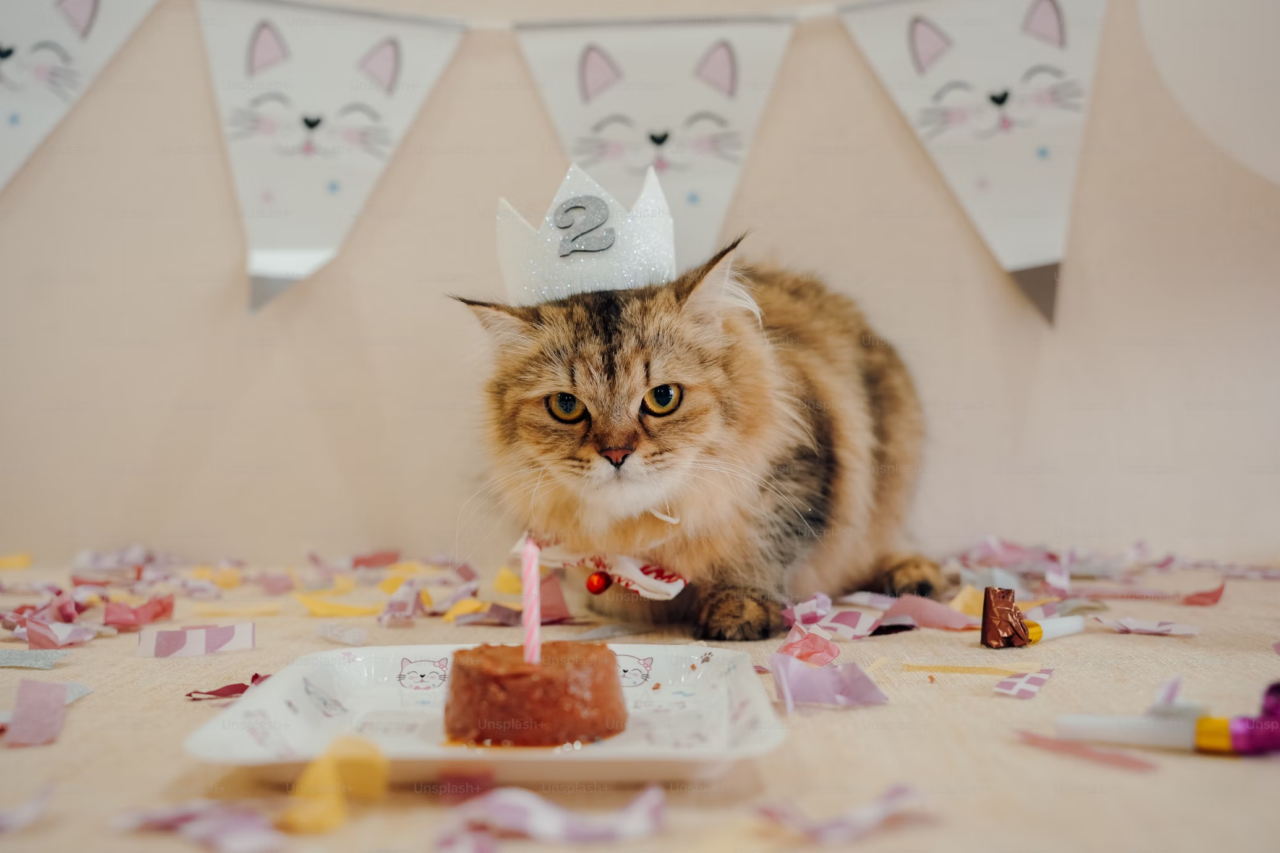
One of the sweetest treats we all love, chocolate, can be incredibly tempting, even for our pets. We may even feel like rewarding them with a piece of chocolate, but unfortunately, it’s not safe for cats. Chocolate contains theobromine and caffeine, which are toxic to them.
Consuming chocolate can cause symptoms like diarrhea, vomiting, tremors, rapid heart rate, and in severe cases, even death. Thankfully, in today’s world, plenty of pet-friendly treats are available, so opt for one of those instead, and let your furry friend enjoy a sweet bite that’s safe for them!
3. Grapes and raisins
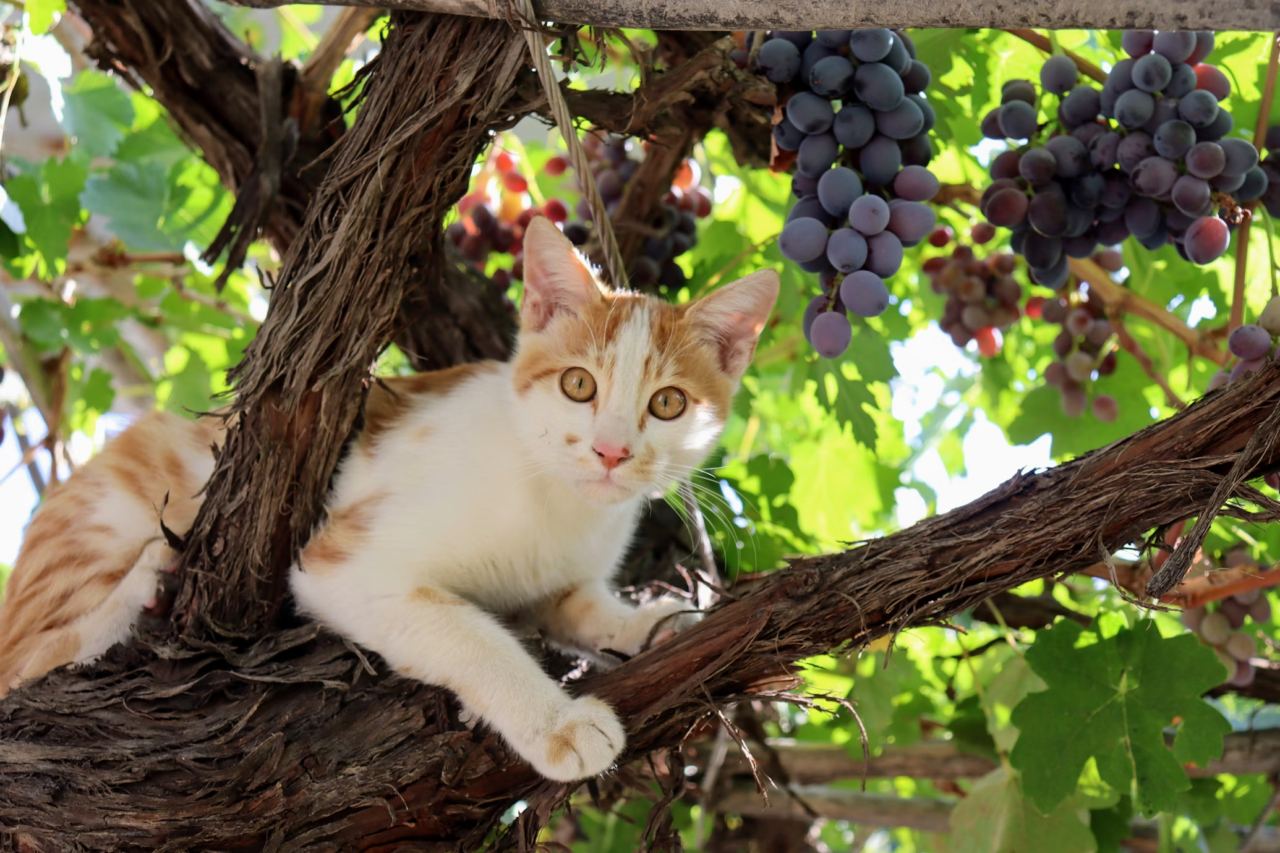
When we think of grapes and raisins, we typically don’t associate them with anything harmful. However, for our feline friends, these foods can be life-threatening. Even a small amount can make a cat very ill.
Early signs of toxicity include repeated vomiting and hyperactivity. While some cats may show no immediate effects, it’s safest to avoid giving them grapes or raisins altogether. Keep them off countertops and other areas accessible to your cat, as a precaution to protect their health.
4. Raw meat, eggs, and fish
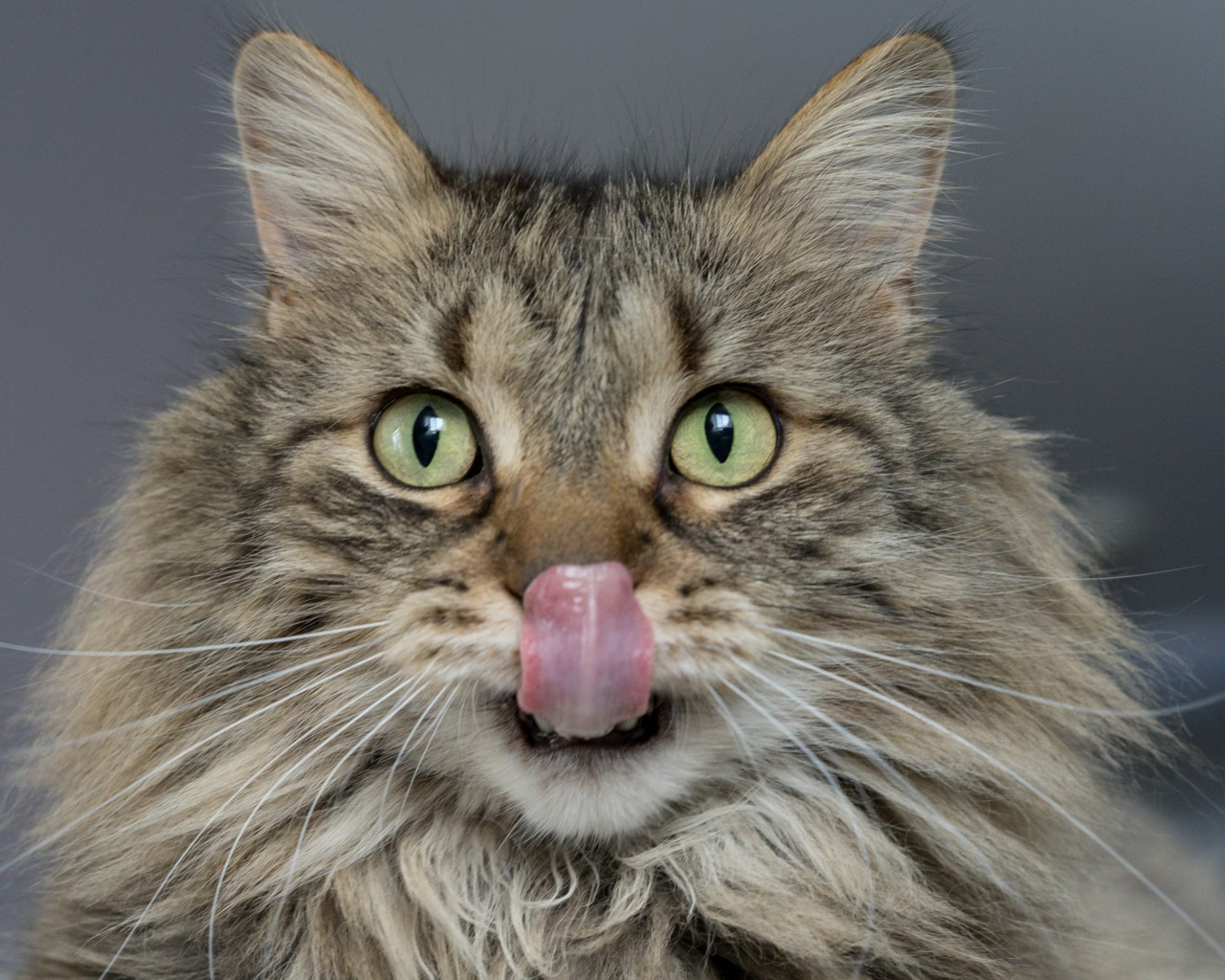
Although cats may seem to enjoy raw foods like meat, eggs, and fish, it’s actually not the best choice for them. Raw meat and bones can carry harmful bacteria, such as Salmonella and E. coli, which can lead to serious infections.
These bacteria can affect both your pet and you, making raw food risky for everyone involved. For the safety of your cat and yourself, it’s best to avoid feeding raw food and stick to properly cooked or specially formulated cat food instead.
5. Bones and sticks

If you want to avoid dangerous situations for your cat, you should definitely steer clear of bones and sticks. Small bones, like those from poultry, can easily splinter and cause blockages or injuries in the digestive tract.
They also pose a serious choking hazard. Additionally, bones are hard and sharp, which can puncture your cat’s mouth or stomach lining if swallowed. To keep your cat safe, it’s best to stick to cat-safe treats and toys instead.
6. Nuts
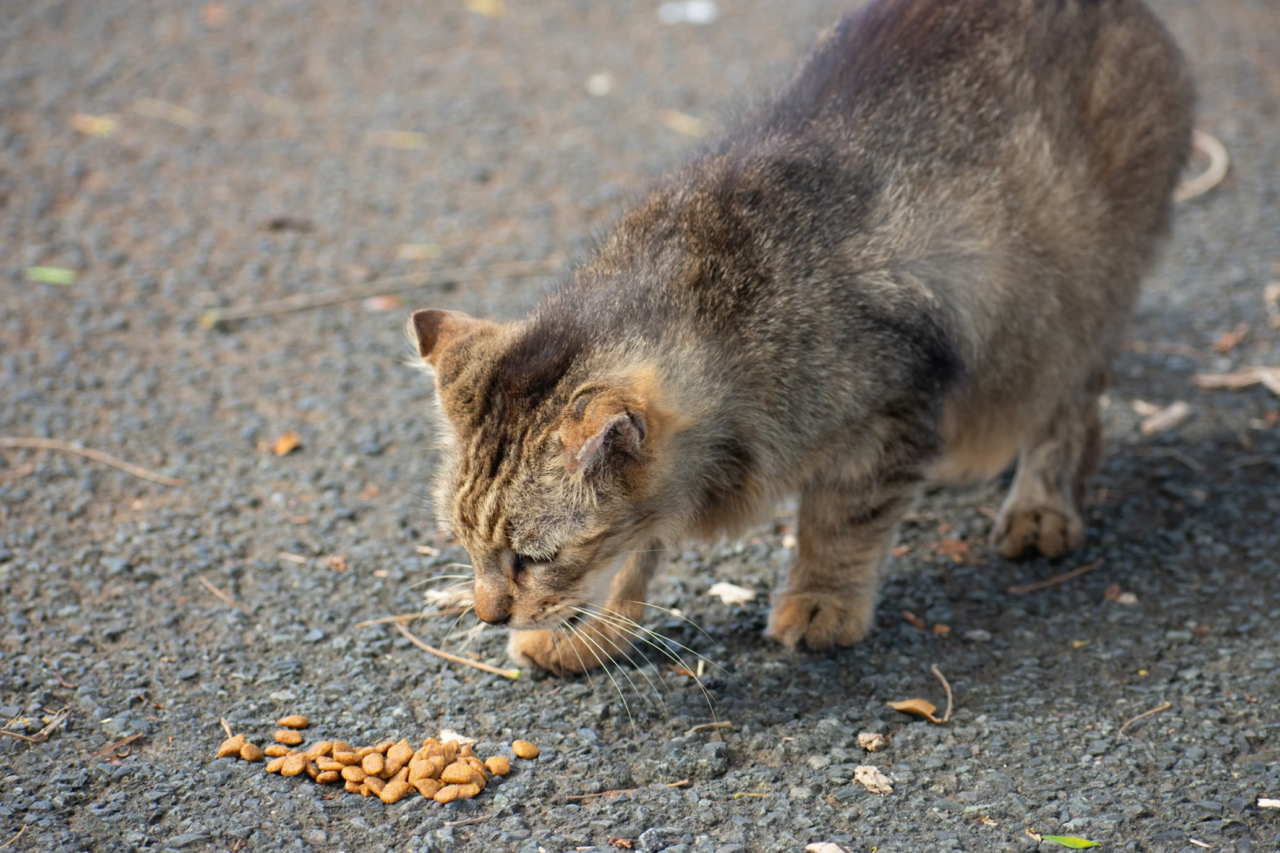
Nuts are another big no-no for cats. Whether it’s walnuts, hazelnuts, pistachios, or peanuts, they’re simply too fatty for a cat’s digestive system. Eating them in large amounts can lead to diarrhea and, in severe cases, even kidney failure.
Additionally, like other high-fat foods, nuts are packed with calories and lack the essential nutrients cats need from their regular meals. To keep your cat healthy, it’s best to keep these snacks out of reach and stick to foods that are specially formulated for their needs.
7. Avocado
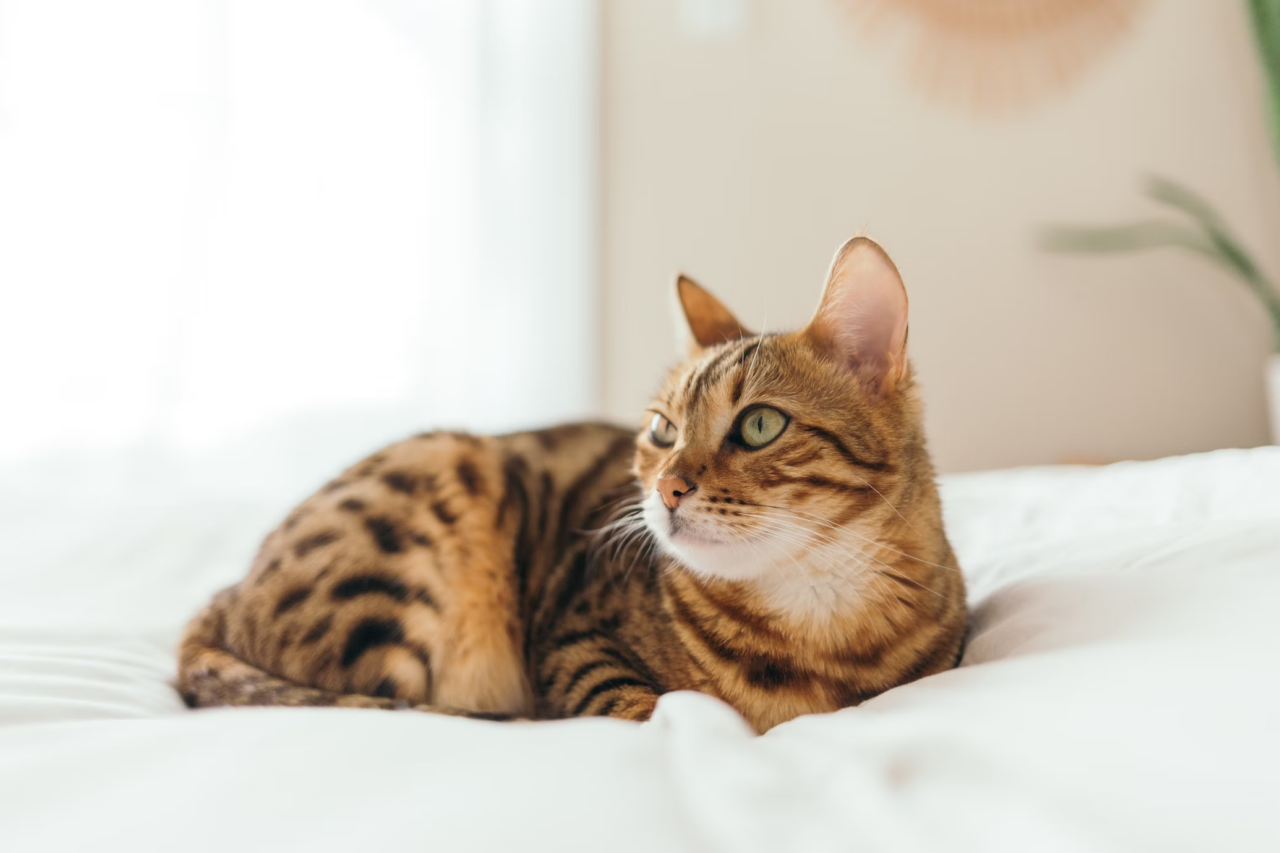
Even though avocado is a healthy snack for humans, it’s a different story for cats. Avocados contain a substance called persin, which can be toxic to felines, causing symptoms like vomiting and diarrhea.
Additionally, avocados are high in fat, which can upset your cat’s digestive system and contribute to weight gain. To keep your cat safe and healthy, it’s best to avoid feeding them avocado altogether.
8. Citrus fruits
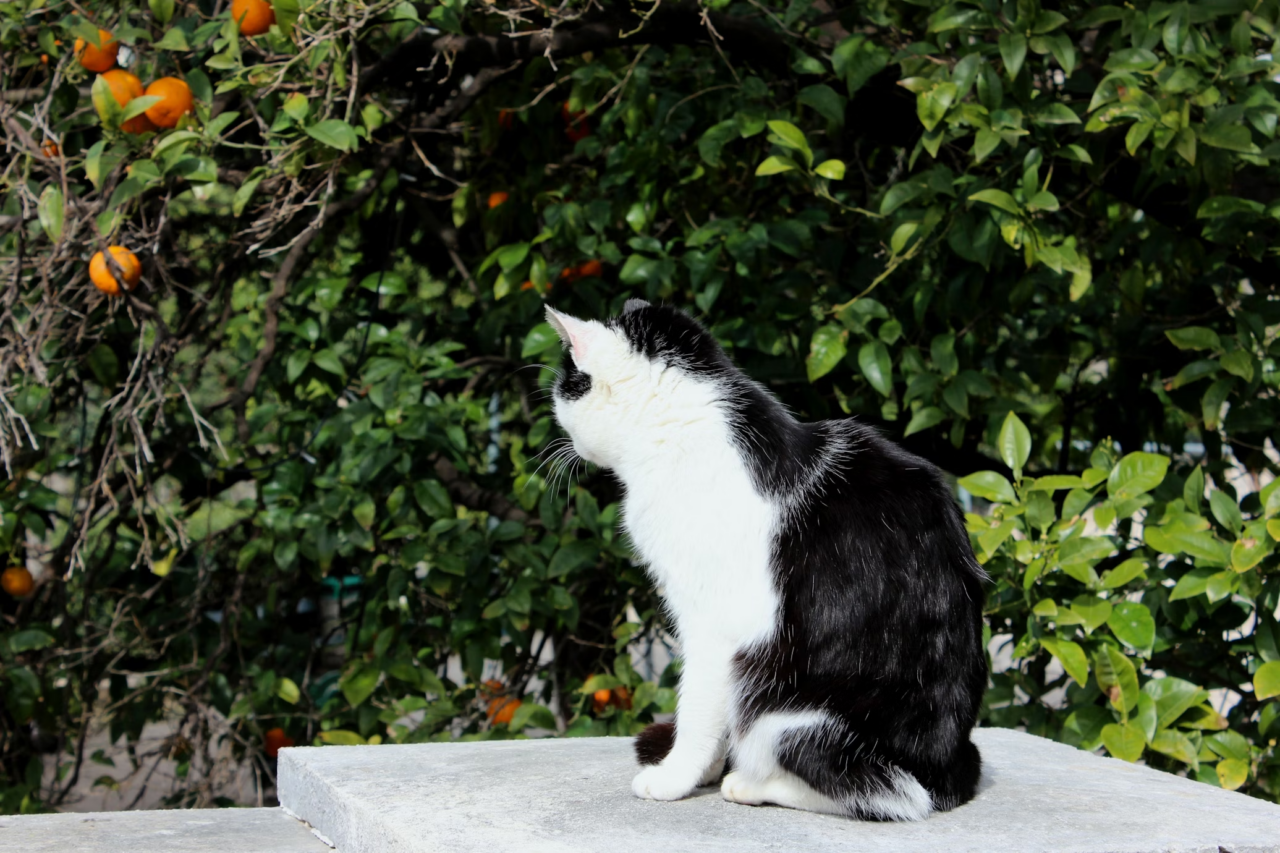
Citrus fruits like lemons, limes, and oranges should be kept away from your cat. The citric acid in these fruits can cause gastrointestinal upset, lethargy, and in some cases, central nervous system depression.
If consumed in large amounts, citrus can lead to tremors, seizures, and even death. To ensure your cat stays safe and healthy, avoid giving them citrus fruits and keep them out of reach.
9. Salty foods
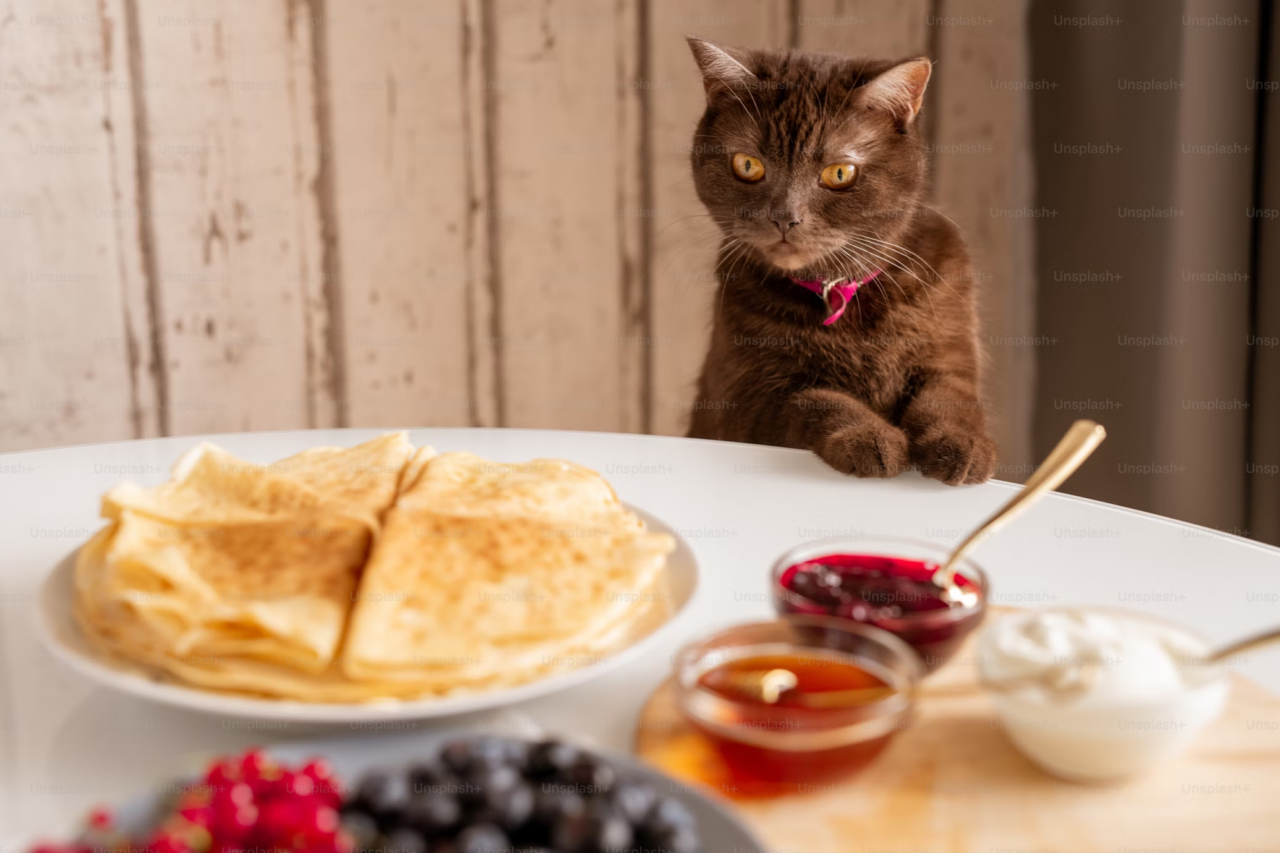
A little salt might seem harmless, but it’s important to keep it to a minimum and always consult your vet. Your cat’s diet should be well-balanced to maintain their health.
Excessive salt, commonly found in processed meats or chips, can lead to increased thirst, frequent urination, and electrolyte imbalances, which may result in serious kidney problems. Always be cautious about what you feed your cat to ensure they stay happy and healthy.
